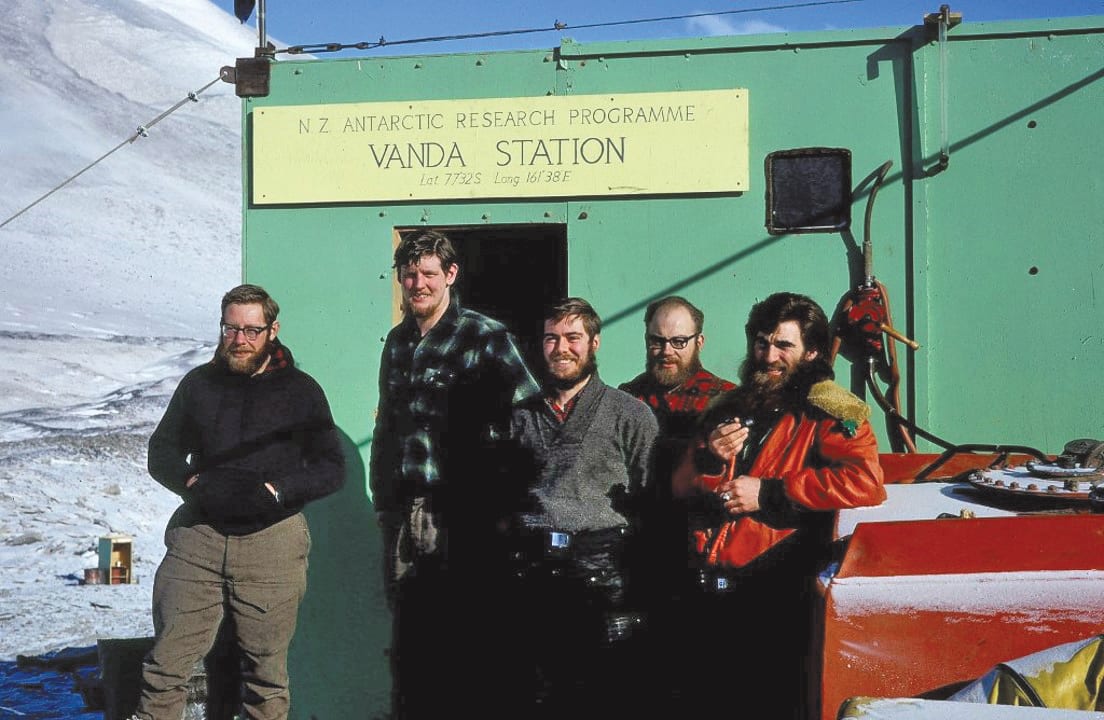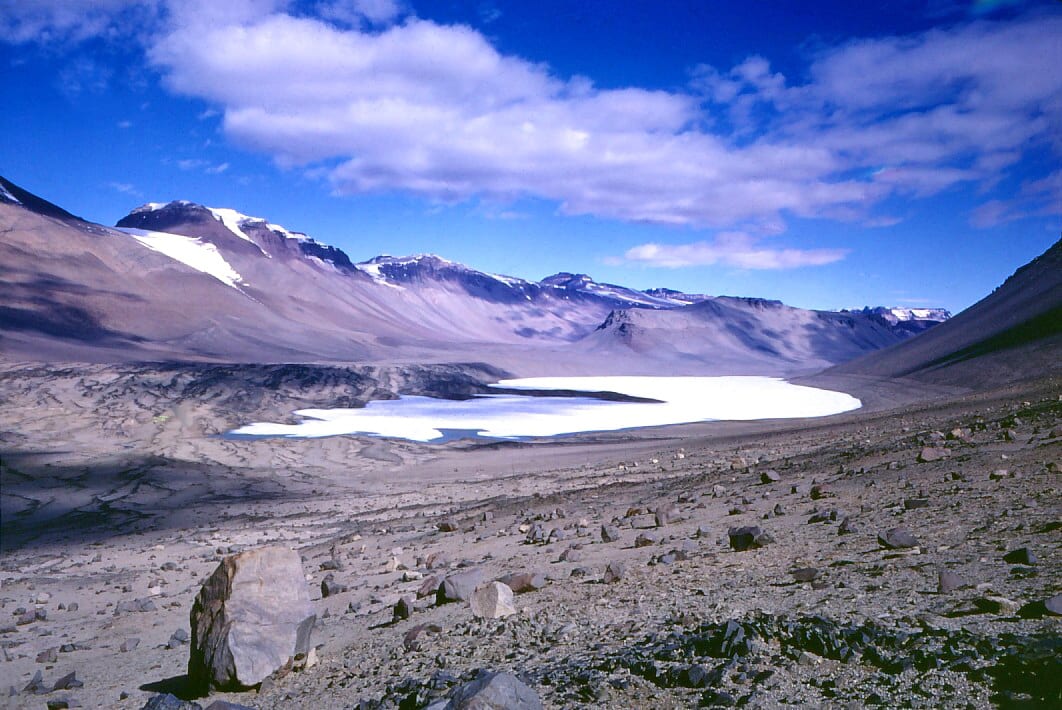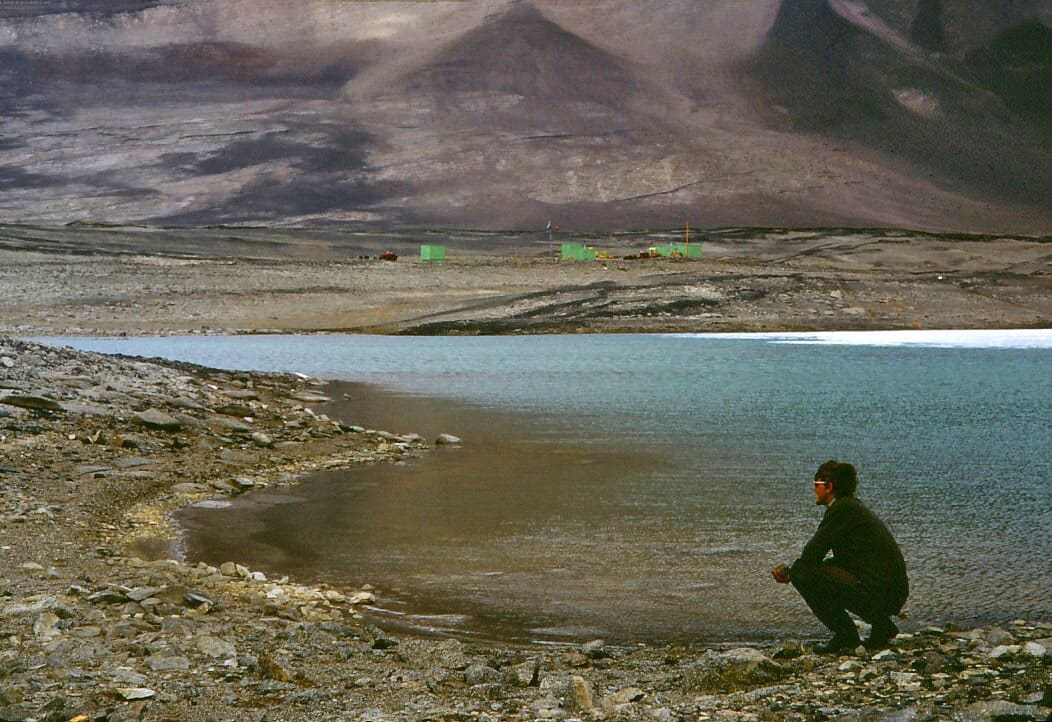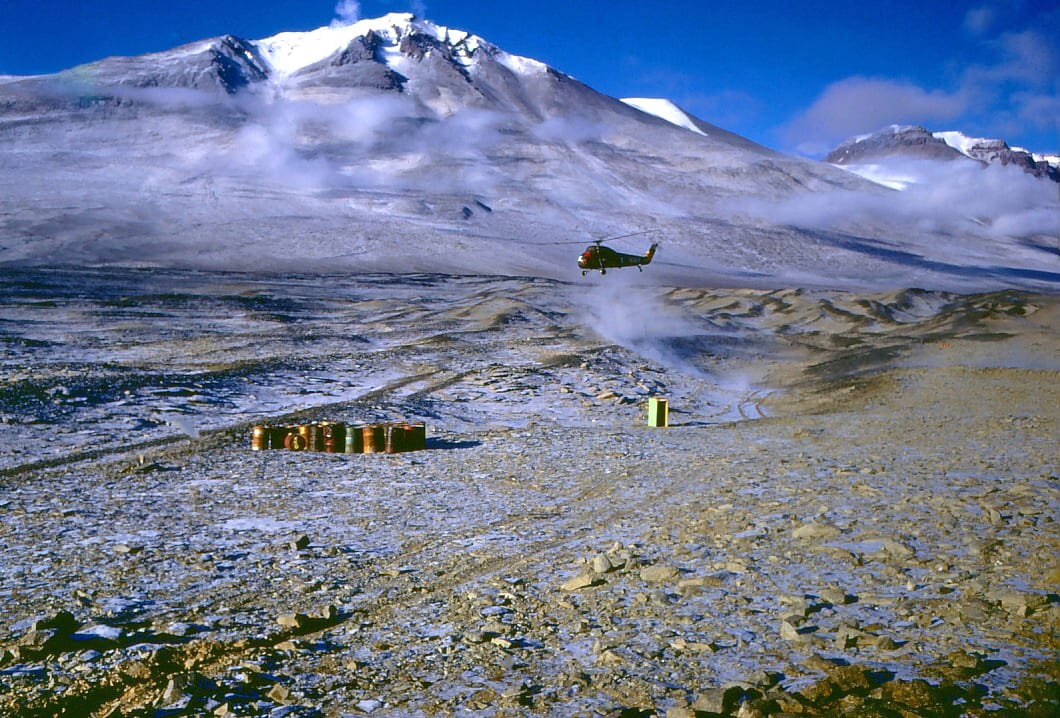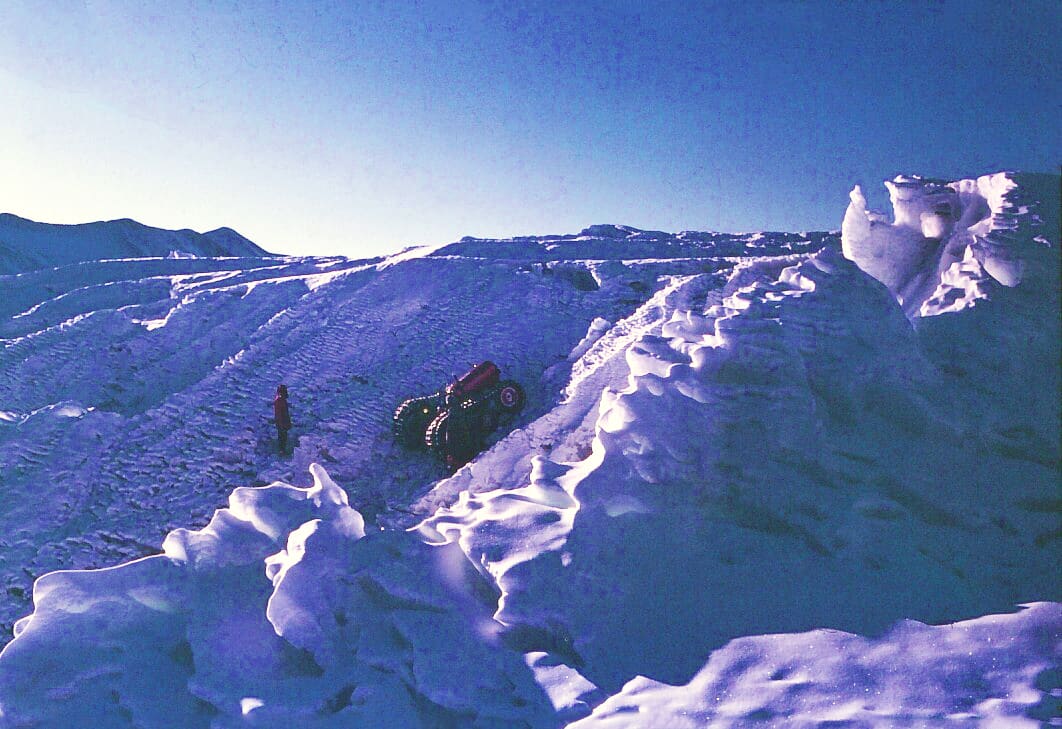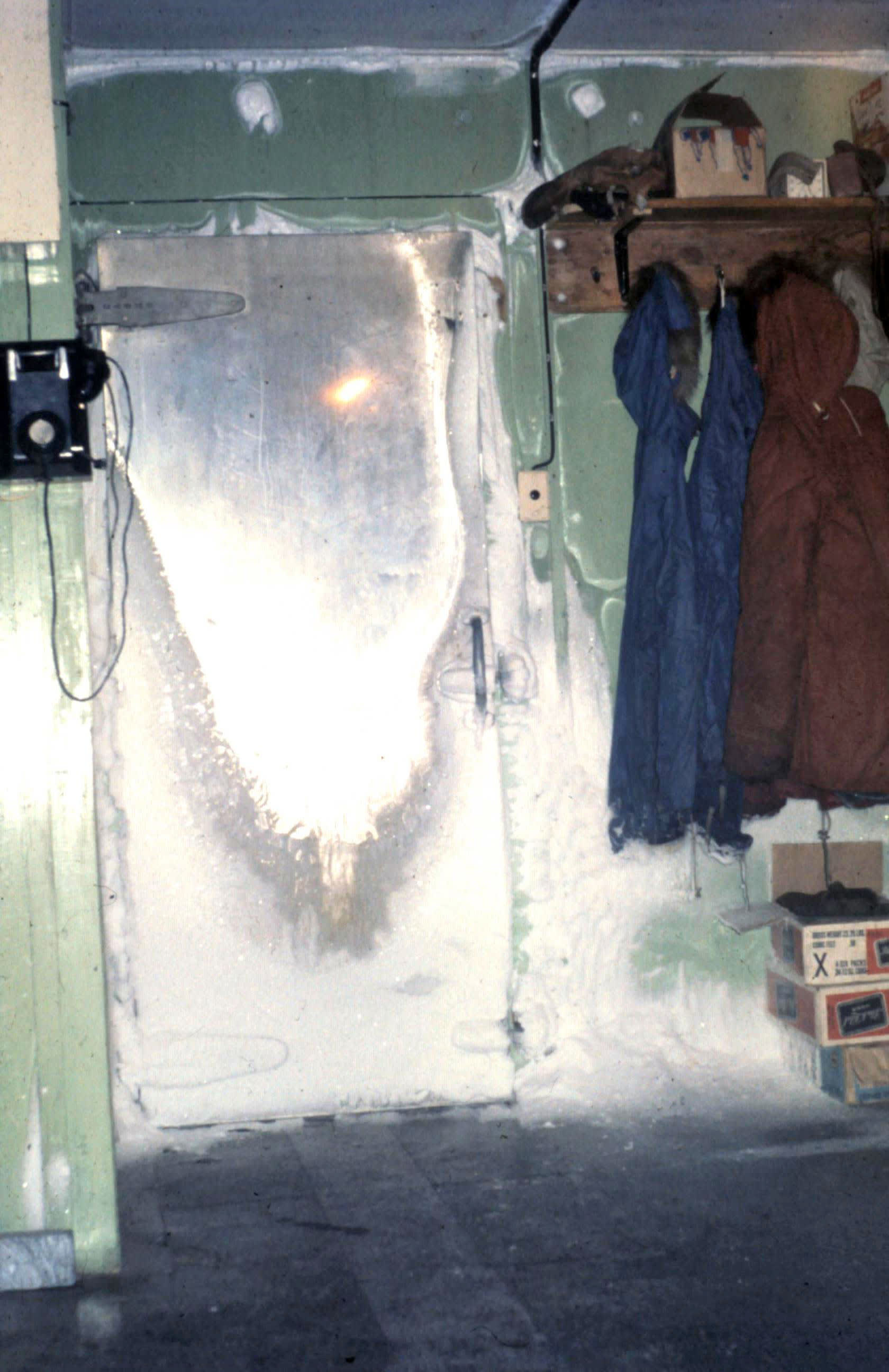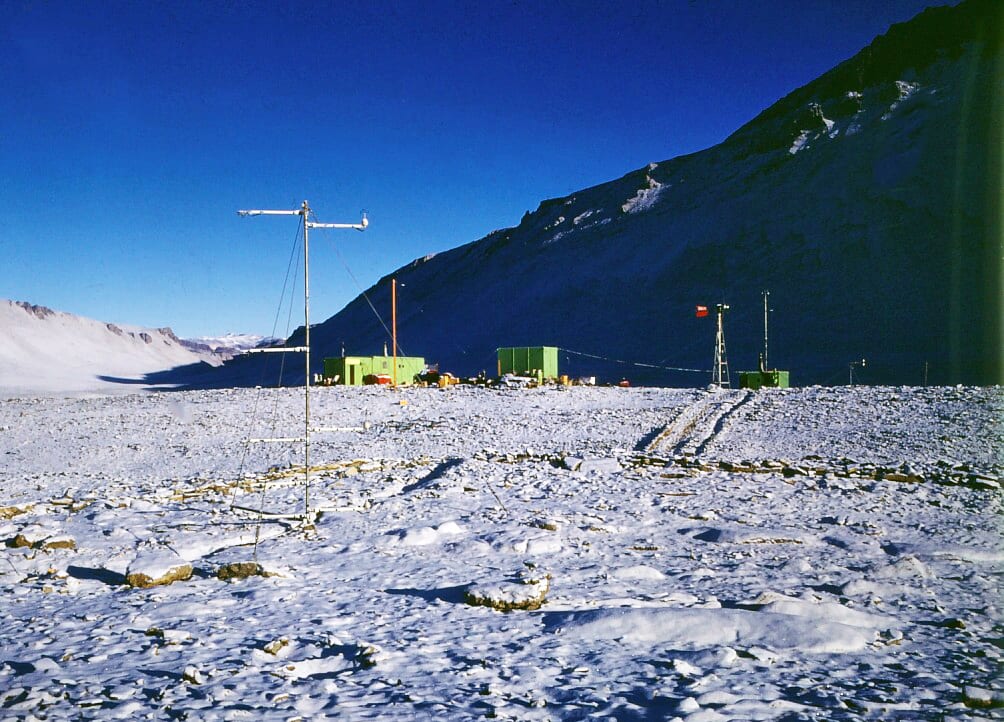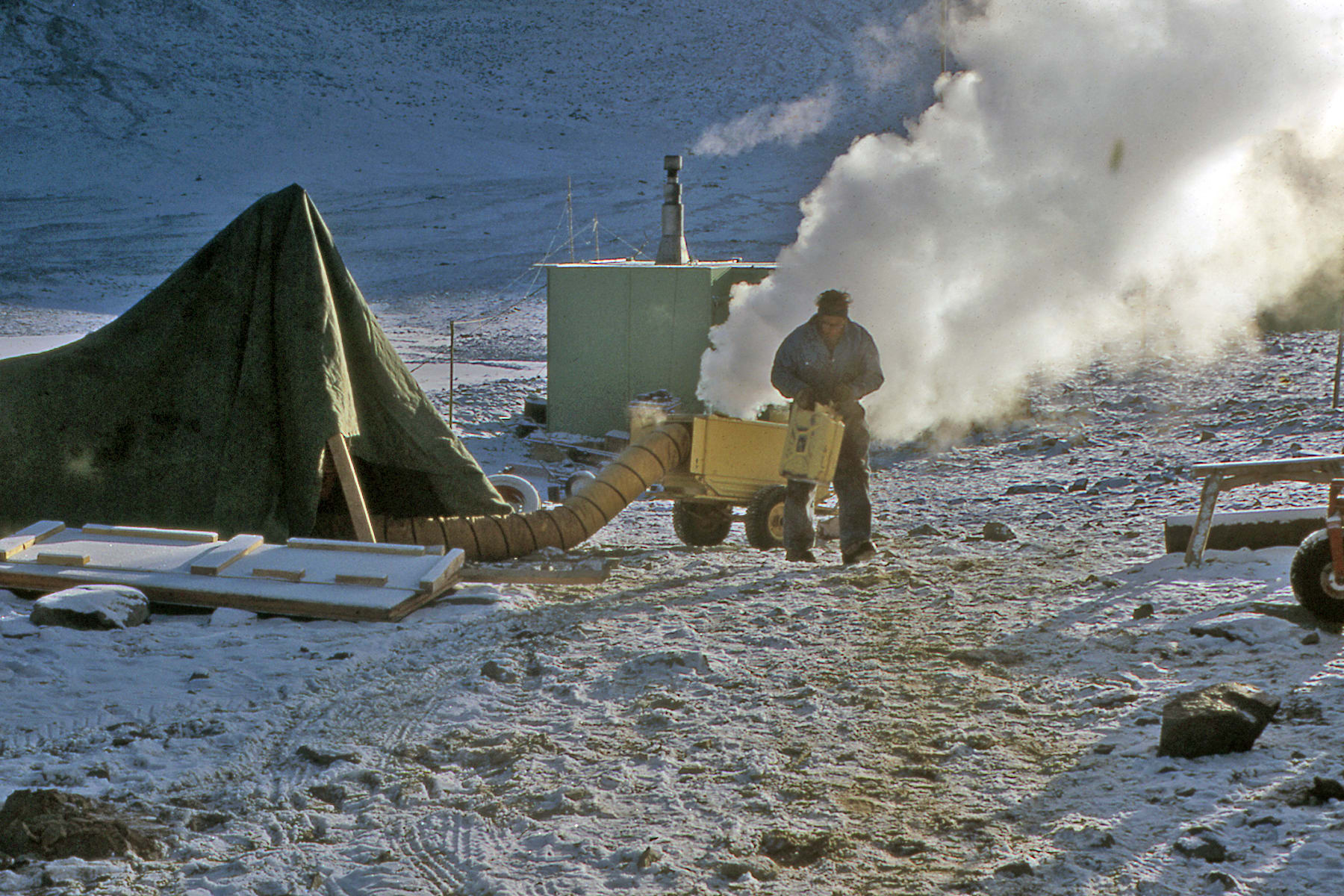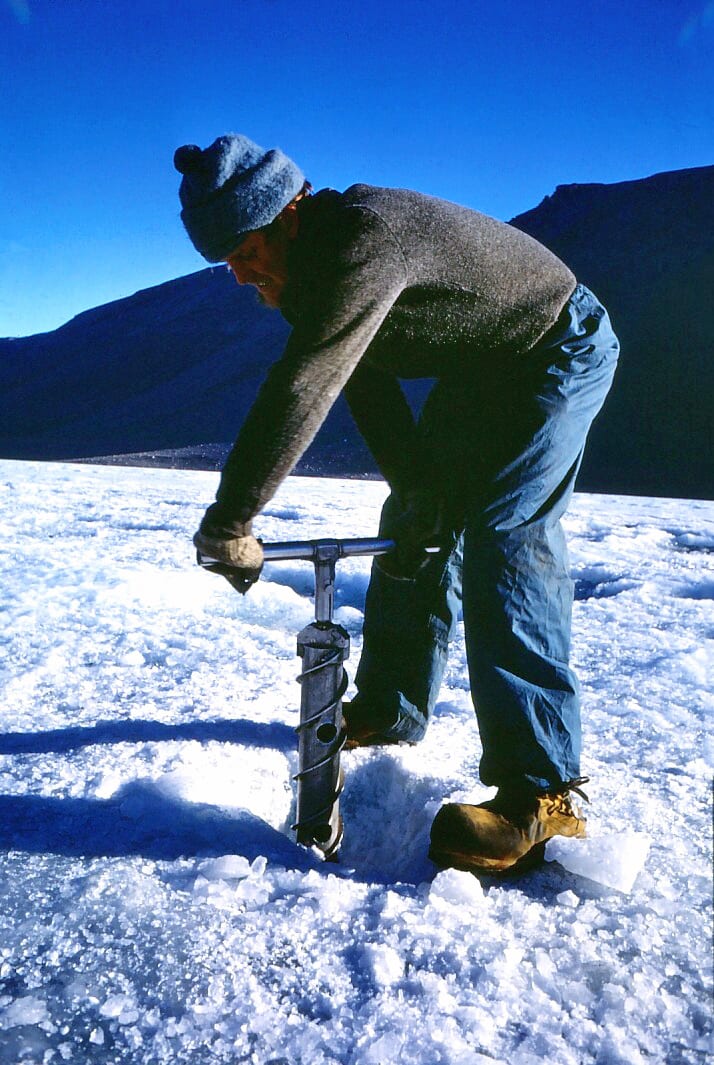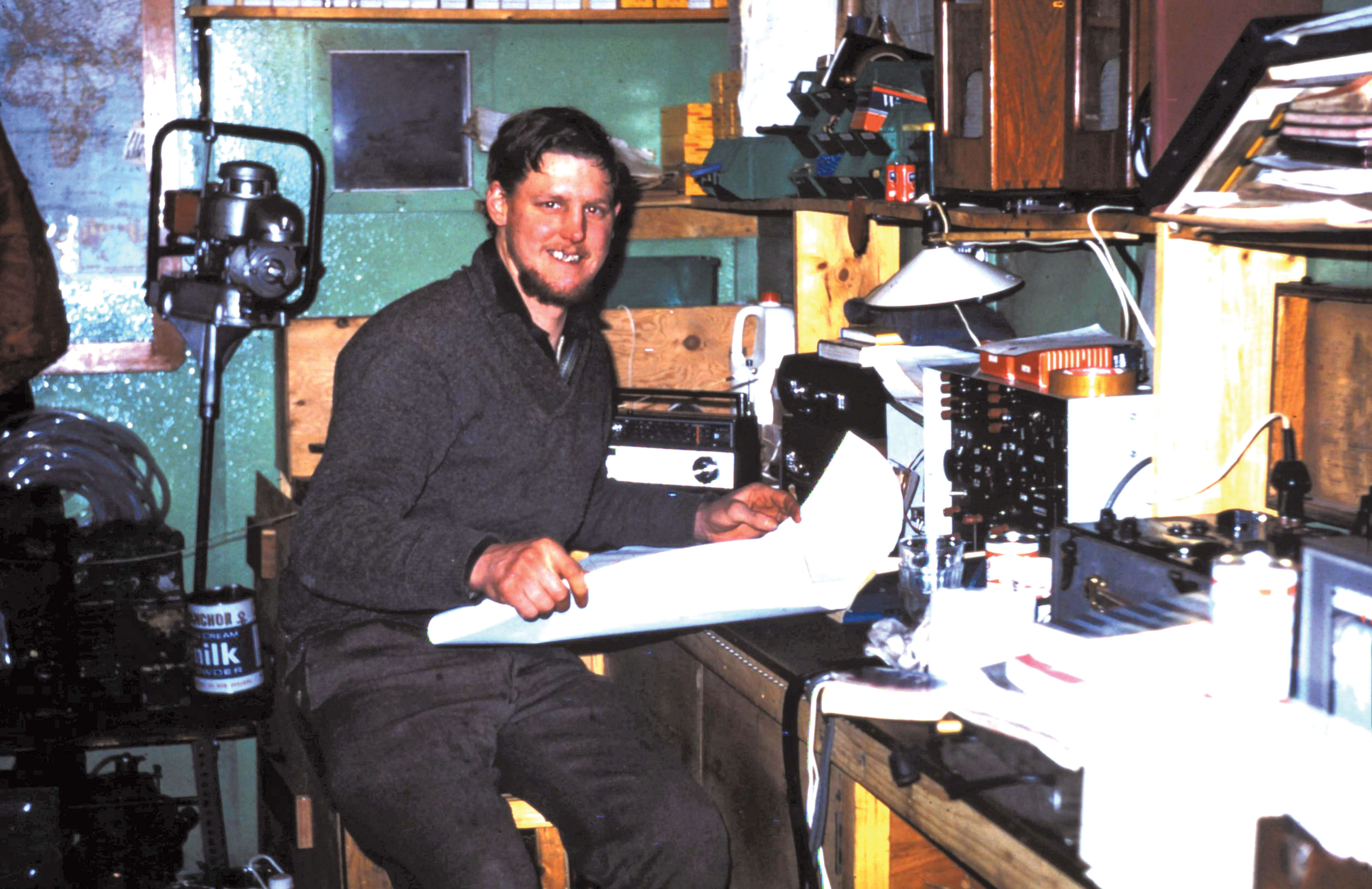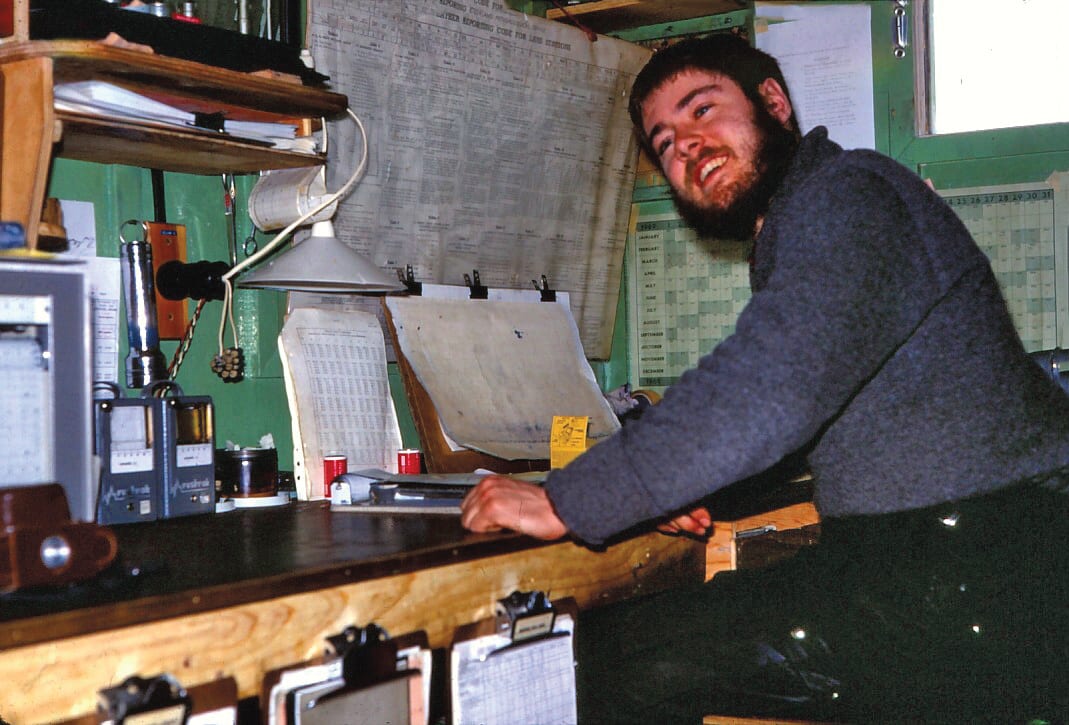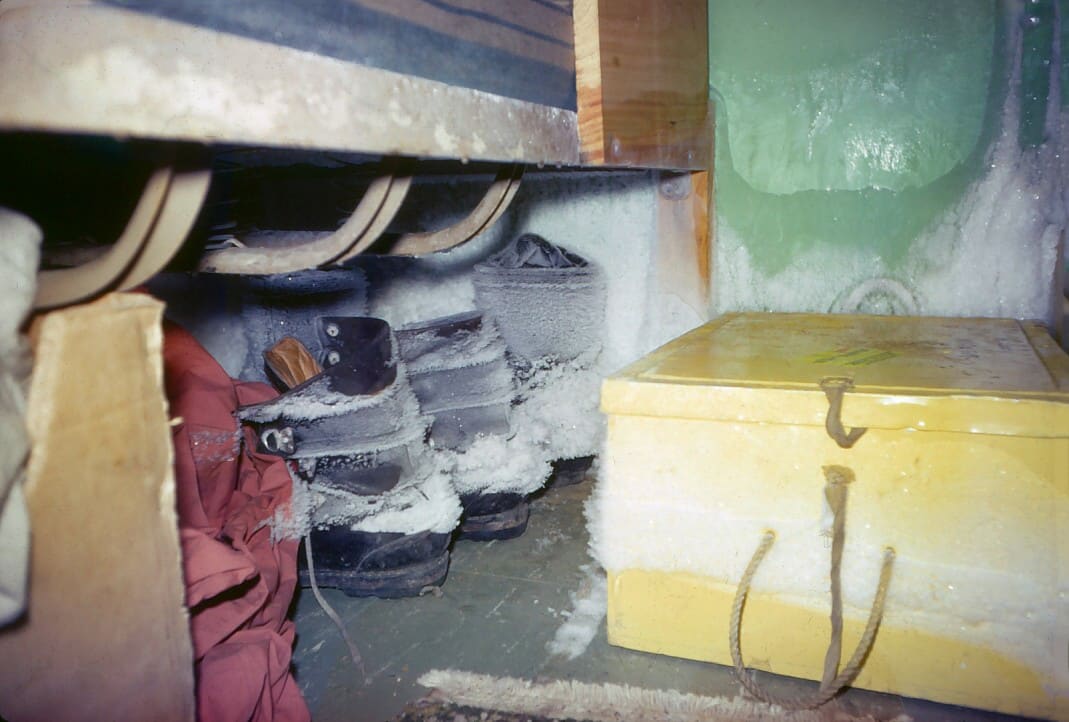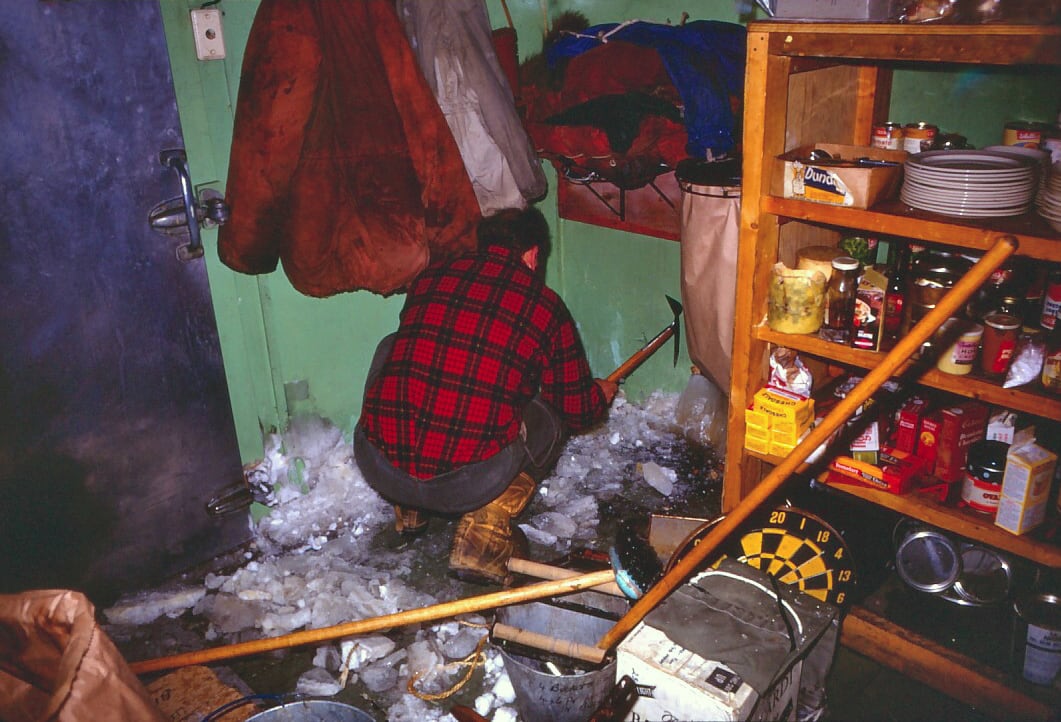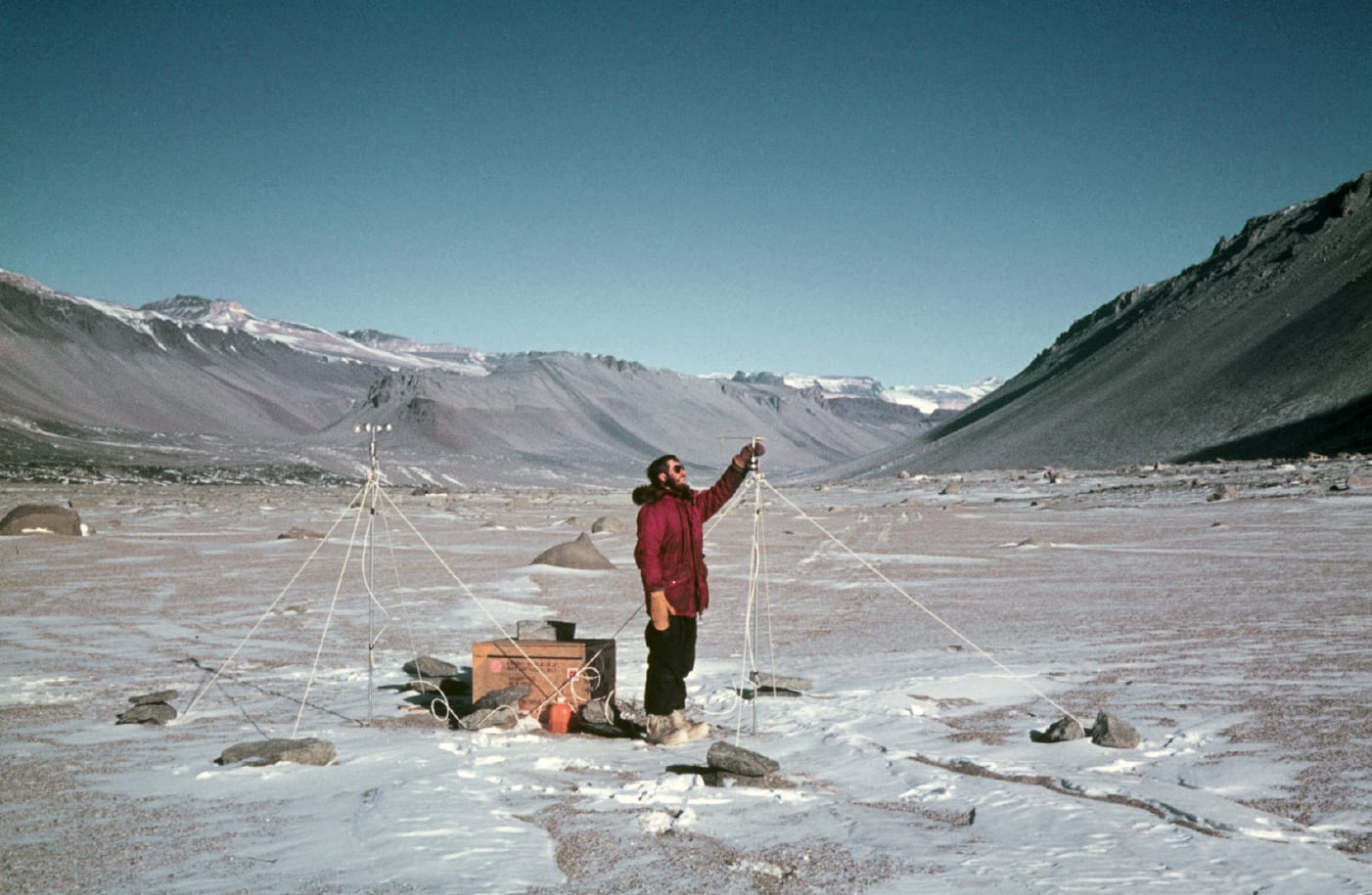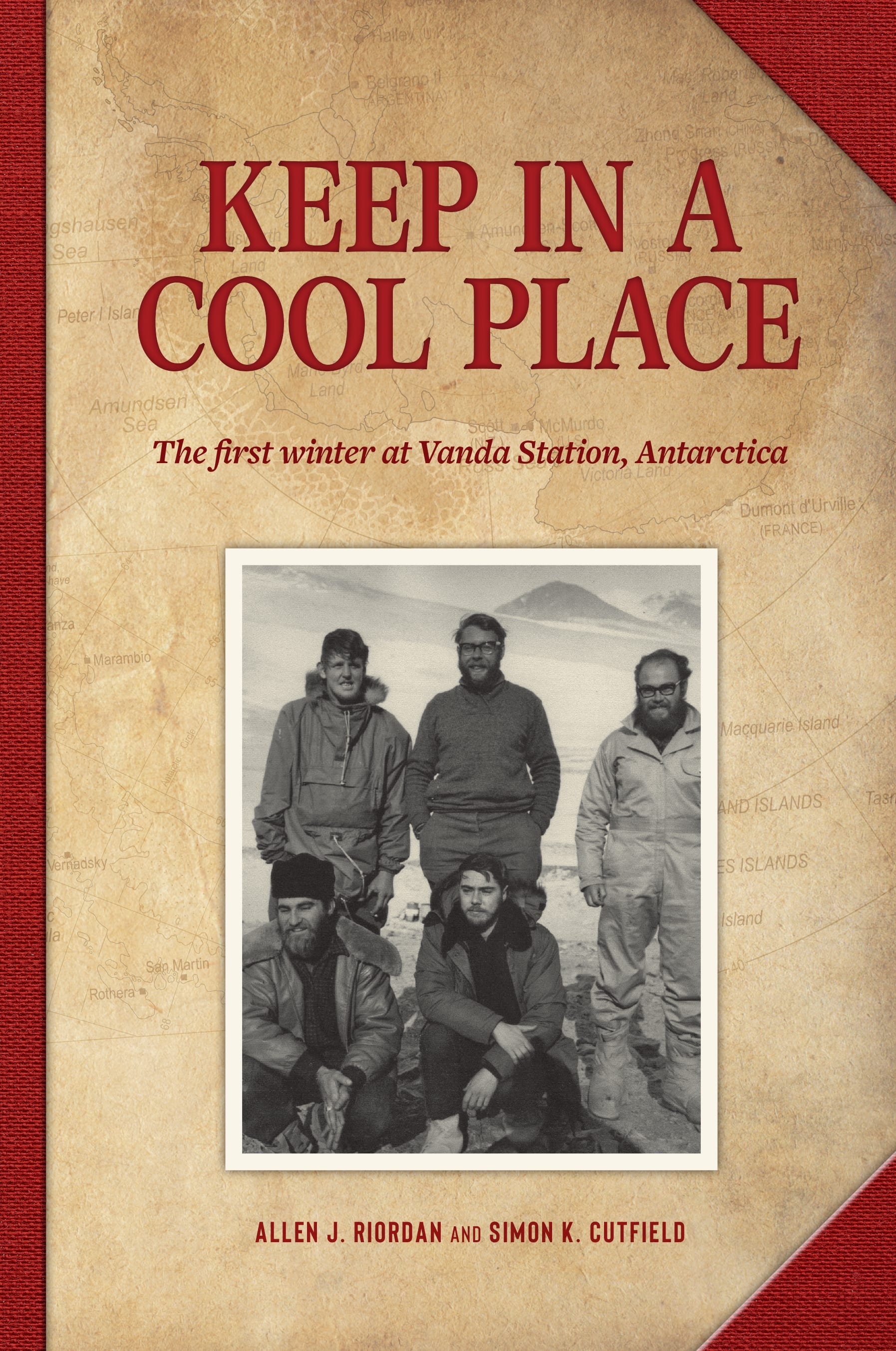Nine To Noon for Wednesday 28 September 2022
09:05 Mahsa Amini protests: a turning point for Iranian women?

Protests in Teheran on 19 September sparked by the death of Mahsa Amini after being arrested by the Iran's morality police. Photo: AFP
Protests in Iran have intensified this week, sparked by the death of a Kurdish woman in police custody - and buoyed by wider anger at the treatment of women in the republic. 22-year-old Mahsa Amini had been detained by morality police in Tehran for not wearing her hijab correctly. Authorities claim she suffered "sudden heart failure", but her family and protesters have accused the government of her murder. The protests against her death have galvanised a wider demonstration against the restrictions on women's lives, and poses the biggest challenge to the Khamenei regime in years. So could this popular revolt be a watershed moment for Iran? Kathryn speaks to Golnaz Esfandiari, a senior correspondent for RFE/RL, focusing on Iran, and Masih Alinejad, an Iranian journalist and activist, who now lives in exile - in an F.B.I safehouse, in the United States. She's the founder of several online movements, including #WhiteWednesdays, #MyCameraIsMyWeapon and #MyStealthyFreedom. With a large social media following back in Iran, she has helped galvanise the country's women to protest the hijab by encouraging them to post images of themselves defying the strict dress code laws and trashing their head coverings.
09:30 Mapping the seabed: volunteers needed

Photo: Seabed 2030
An ambitious international project to map the seabed is calling on boaties with echo technology and GPS to help out. A target was set to map the entire seabed by 2030 at a UN ocean conference in 2017. Five years on and project Seabed 2030 is gathering pace, but needs volunteers. Twenty-five percent of the ocean floor has been mapped so far - about the size of Europe. To fully understand ocean currents and their effect on climate change, an adequate map is required. Seabed 2030 aims to collate bathymetric data to produce a definitive map of our ocean floor by 2030, and make it available to anyone who's interested. To help with the remaining many millions of square kilometers of seabed - about 270 million - calls are out for mariners to turn ocean mappers and become citizen scientists. Kathryn speaks with Jamie McMichael-Phillips from Seabed 2030.
09:45 Australia: No vax for 2024, Optus data breach, anti-corruption commission
Australia correspondent Annika Smethurst joins Kathryn to talk about why no Covid-19 vaccines have been ordered for 2024, the huge data breach affecting Optus customers and the shape of the first national anti-corruption commission has been revealed.

Data security breach Photo: https://www.blogtrepreneur.com/ (Flickr user blogtrepreneur.com CC BY 2.0)
10:05 Building on family ties in growing Auckland suburb : " Construction is in our DNA"

Mapa, Fou and George Photo: Tuipulotu family collection
The Building Brothers Construction company is a Tongan family affair.The three Tuipulotu brothers, Mapa, George and Fou started off labouring, but since qualifying as builders they've formed their own company and are now helping other young labourers to further their skills. The company does a range of construction work, building houses, renovating and commercial construction. The brothers are hoping to help to regenerate their home patch in the East Auckland suburb of Glen Innes. Growth in the area is being overseen by the Tamaki Regeneration Company, which is jointly owned by the Government and the Auckland Council. Mapa and Fou Tuipulotu talk to Kathryn about how they're keen to be involved.
10:35 Book review: Sylvia and the Birds by Johanna Emeney & Sarah Laing

Photo: Massey University Press
Shaun Barnett reviews Sylvia and the Birds by Johanna Emeney & Sarah Laing, published by Massey University Press
10:45 The Reading
Episode two of 'The Kindness Of Your Nature' by Linda Olsson.
11:05 The unusual influences on David Bowie's music
Music commentator Ian Chapman joins Kathryn to look at the small handful of not widely known influencers and collaborators on David Bowie's music, ranging from the astounding to bafflingly awful. Ian Chapman is a Senior Lecturer in Contemporary Music at Otago University.

Photo: Mercury Records
11:30 The first winter at Vanda Station, 1969
Temperatures dropping to minus 57 degrees, 16 weeks of darkness, isolation stretching to eight months and logistical challenges... That's what five scientists faced during the first winter at New Zealand's Vanda Station in Antarctica in 1969. On the shore of Lake Vanda in the Dry Valleys, the group were investigating the strangely snowless landscape, and why the lake, while covered in metres of ice, had waters reaching 25 degrees at the bottom of the lake. It was a remarkable expedition, not just for its scientific contributions, but for the limited supplies and extreme conditions they endured. Kathryn speaks to two of the group; Al Riordan and Simon Cutfield, who have written a book of their experience; Keep in a Cool Place: The First Winter at Vanda Station, Antarctica.
11:45 Arts: New Zealand Opera's new-look MacBeth

Photo: nzopera.com
Performing arts reviewer Michael Hooper joins Kathryn to talk about New Zealand Opera's current tour of MacBeth. It's a new production by Netia Jones, conducted by Brad Cohen and features Phillip Rhodes and Amanda Echalaz in their international role debuts as Macbeth and Lady Macbeth.
Music played in this show
Track: Karaoke
Artist: Cass McCombs
Time played: 09:34
Track: No Drama
Artist: Hans Puckett
Time played: 10:28
Track: Not Given Lightly
Artist: Chris Knox
Time Played: 10:41








